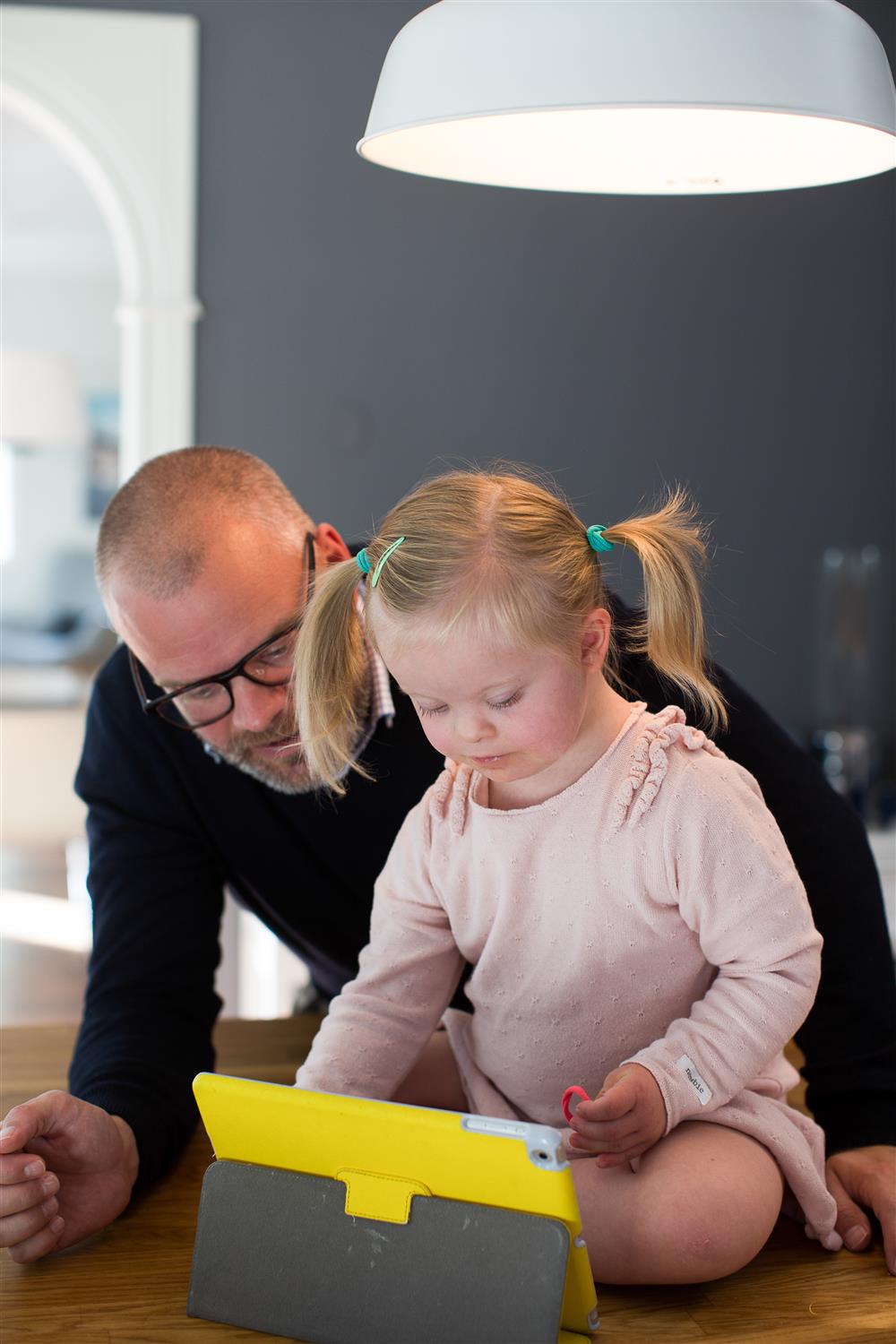App to support persons with speech and language difficulties to communicate
- Solution
- Milla Says
- Organization
- Milla Says
- Country of Implementation
- Norway
- Region
- Europe
- Subregion
- Northern Europe
- Start Year
- 2018
- First published
- 10.02.2023

Solution details
“Vital communication is the key to a good and integrated life as the best versions of ourselves.” Aleksander Helmersberg, Founder, Milla Says/Father of Milla
Milla Says is a start-up company based in Straume, Norway. Launched in 2018, the company has been developing a sign-to-speech web-based service targeted at children and persons with communication challenges and their support network. The service combines an individually developed vocabulary database of signs, symbols, and words and connects the user with a network of supporters, such as teachers and parents. By 2022 there were 200 end users with 1,400 network members, and more than 56,000 signs and symbols have been created.
Problems Targeted
There are few tools available for persons with speech and language difficulties to learn how to communicate in a way they are comfortable with.
Solution, Innovation and Impact
Milla Says enables a supportive learning environment by building a personalized vocabulary database and engaging a network of supporters in communication learning and use. The database contains a standard library of Norwegian sign language and custom vocabulary, which is displayed in text, pictures, symbols, sound, and/or videos. Users can also upload self-recorded videos of their own signs or gestures. A supporter can also develop a new word (sign/symbol) and share it with the network to be introduce in daily life. A new word added to the database is instantly shared resulting in 'push-alerts' to all supporters so that they are encouraged to introduce it in all domains of their life, e.g., at home, school, and sports. Milla Says was launched in 2018, and in 2021 it became a government-recognized assistive device for communication. By 2022 there were 200 end users and 1,400 network members. Milla Says can be used for other alternative and supplementary communication systems other than sign language.
Funding, Outlook and Transferability
Milla Says was developed with grants from the Government of Norway. Sales revenues to cover the costs of maintaining the service, customer support, and marketing. The apps are offered for free to approved users by Hjelpemiddelsentralen, a support agency, paying the company €2,500,- for a five-year primary user license. Private users may pay monthly licenses. The company aims to develop Milla Says to support additional languages in multiple countries, expand its standard sign library, and add new communication and gamification features.
Media
Related information
- Connections
- 2
-
Organization
- People